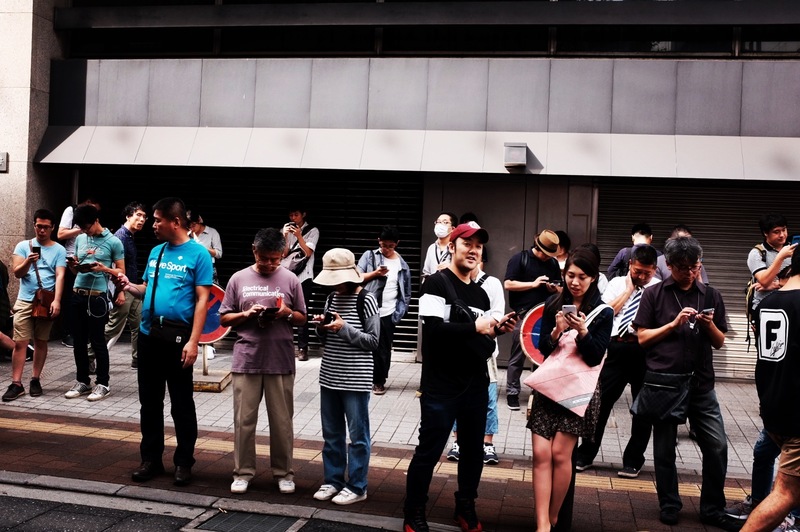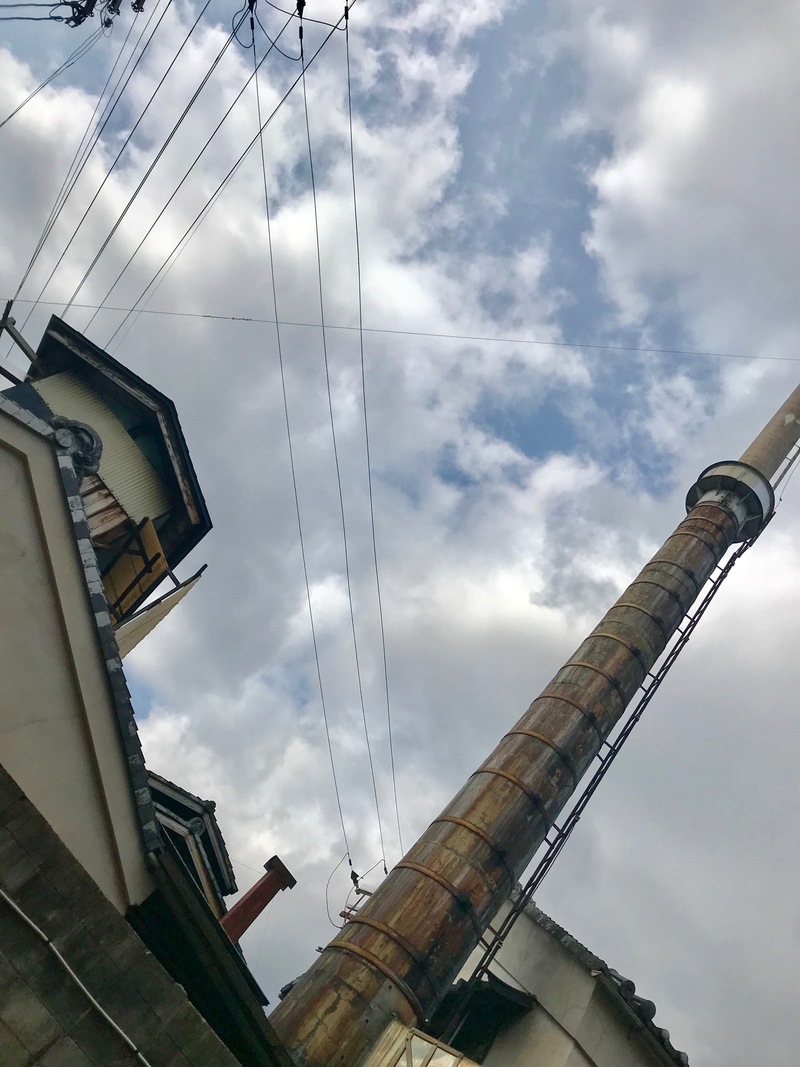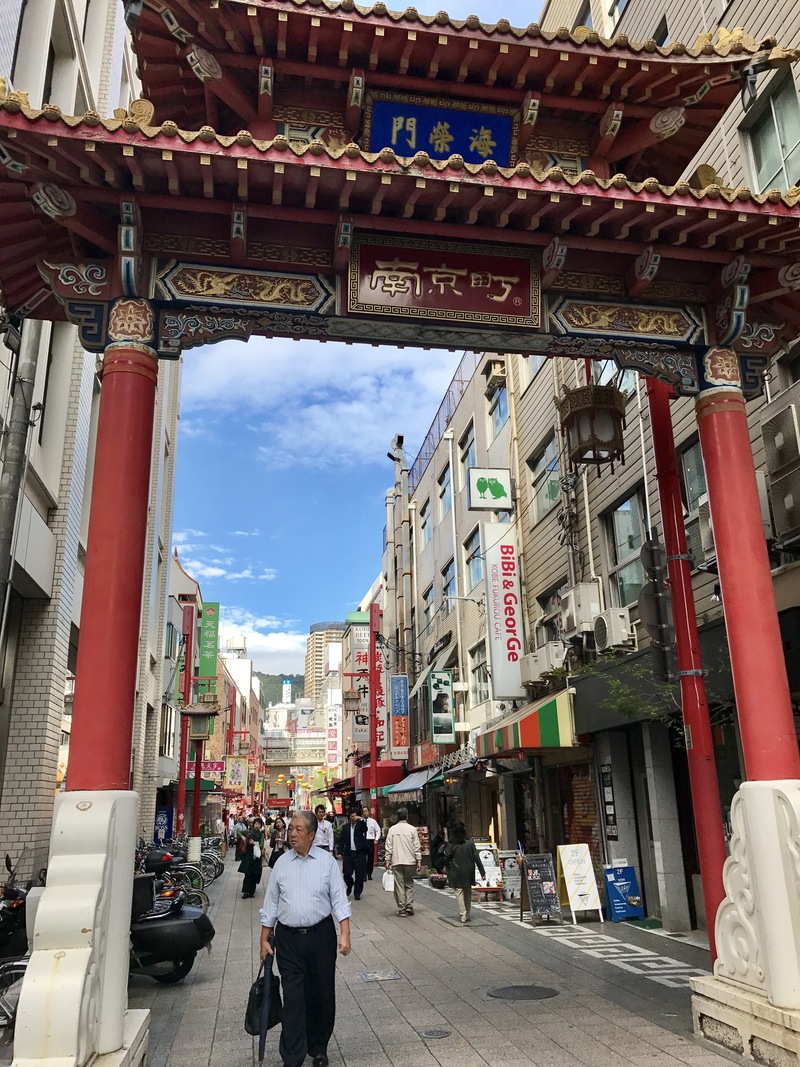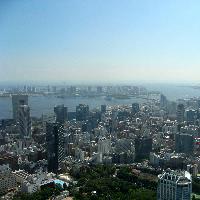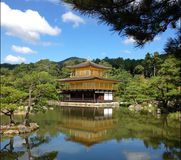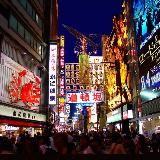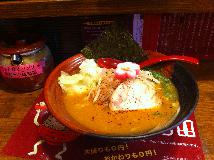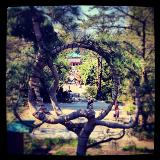The first Krispy Kreme store in Japan was opened at the Shinjuku Station Southern Terrace in 2006, with many more to follow. The first store to be opened outside of Kanto was in Nagoya (2010), followed by a store in Osaka. There are now 34 stores operating in Japan, with a plan to open a further 50 stores in the Kanto region. It is fast becoming one of the most popular sweet shops in Japan, as evidenced by the long lines of people who queue up to buy donuts at the flagship store in Shinjuku. [SOURCE].
The following recording was made in this flagship Krispy Kreme Store in Shinjuku, Tokyo. In the recording you can hear the softly playing background music (which appears to be J-Pop) and the muffled conversation of the customers in the store. In the middle of the recording, you can hear the clerk greet a customer (with a call of irasshaimase, "welcome"), an almost obligatory call in every retail environment.

Krispy Kreme in Shinjuku, Tokyo
Photo and recording credit: Richard Chenhall
